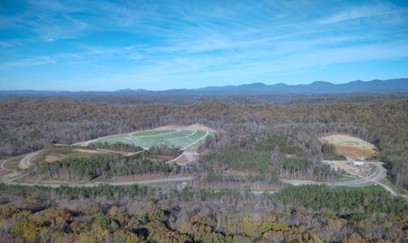An illustrious career: Garrick’s career spanned several decades, starting with a job as a physicist at the Idaho Chemical Processing Plant, followed by academic pursuits and private consulting, and culminating in a presidential appointment as chairman of the U.S. Nuclear Waste Technical Review Board. He was a towering figure in the science and engineering community, especially on the application of the risk sciences to complex technological systems in the nuclear, space, defense, chemical, marine, and transportation fields.
Making a mark: In 1981, Garrick and longtime collaborator Stan Kaplan published an influential paper in the journal Risk Analysis on the concepts of probabilistic risk assessment. Titled “On the Quantitative Assessment of Risk,” the paper formalized what is generally known as the risk-assessment triplet: What can go wrong? What is the likelihood of those events happening? What are the consequences?
In September 2004, President George W. Bush appointed Garrick chairman of the U.S. Nuclear Waste Technical Review Board. He served two terms, until September 2012. Garrick also served for 10 years (1994–2004), four years as chairman, on the U.S. Nuclear Regulatory Commission’s Advisory Committee on Nuclear Waste and Materials.
A lasting legacy: In 2014, Garrick and his wife, Amelia, committed $9 million to the UCLA School of Engineering to launch the B. John Garrick Institute for the Risk Sciences. The umbrella organization of multiple research centers at UCLA, the institute focuses on assessing and managing risks in order to save lives, protect the environment, and protect property and infrastructure from large-scale natural and man-made threats.
They said it: “John Garrick was a brilliant engineer, a loyal and generous Bruin, and a dear friend to our school and to so many of us personally,” said Jayathi Murthy, dean of UCLA’s School of Engineering. “I will always remember his vision and creativity and his single-mindedness in getting the Garrick Institute for the Risk Sciences established.”
Ali Mosleh, founding director of the Garrick Institute, said, “John Garrick was an extraordinary man, brilliant in mind and compassionate in heart.” He added, “While his passing marks the end of an era, his legacy will live through the work of those he mentored, particularly the new generation of researchers and educators at the academic institution he founded.”






